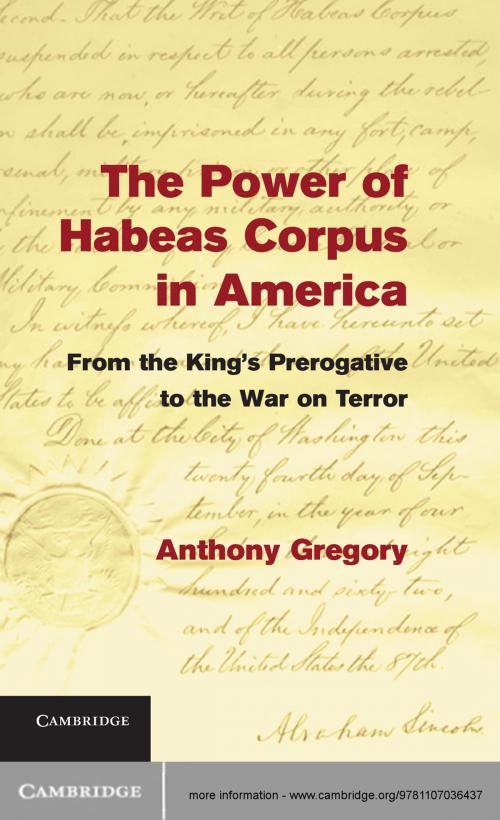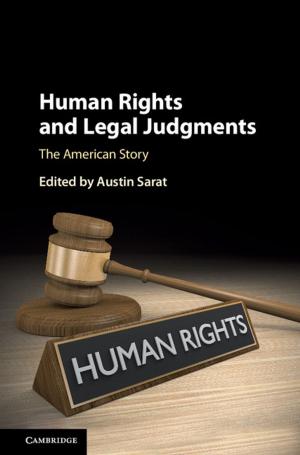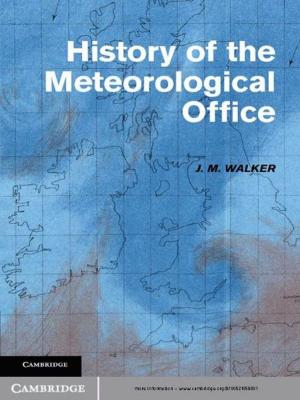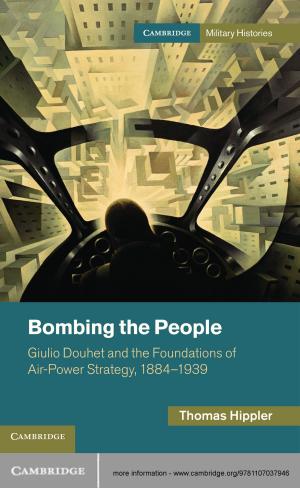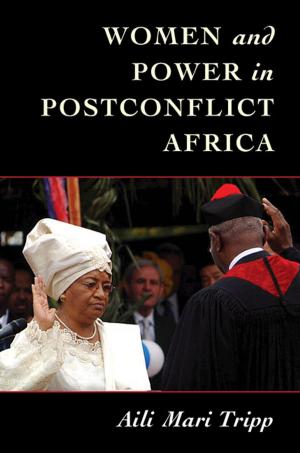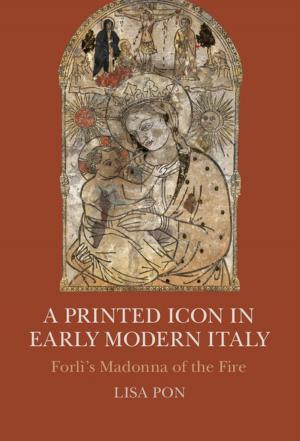The Power of Habeas Corpus in America
From the King's Prerogative to the War on Terror
Nonfiction, Reference & Language, Law, Jurisprudence| Author: | Anthony Gregory | ISBN: | 9781107065833 |
| Publisher: | Cambridge University Press | Publication: | April 15, 2013 |
| Imprint: | Cambridge University Press | Language: | English |
| Author: | Anthony Gregory |
| ISBN: | 9781107065833 |
| Publisher: | Cambridge University Press |
| Publication: | April 15, 2013 |
| Imprint: | Cambridge University Press |
| Language: | English |
Despite its mystique as the greatest Anglo-American legal protection, habeas corpus' history features power plays, political hypocrisy, ad hoc jurisprudence, and failures in securing individual liberty. This book tells the story of the writ from medieval England to modern America, crediting the rocky history to the writ's very nature as a government power. The book weighs in on habeas' historical controversies - addressing its origins, the relationship between king and parliament, the US Constitution's Suspension Clause, the writ's role in the power struggle between the federal government and the states, and the proper scope of federal habeas for state prisoners and wartime detainees from the Civil War and World War II to the War on Terror. It stresses the importance of liberty and detention policy in making the writ more than a tool of power. The book presents a more nuanced and critical view of the writ's history, showing the dark side of this most revered judicial power.
Despite its mystique as the greatest Anglo-American legal protection, habeas corpus' history features power plays, political hypocrisy, ad hoc jurisprudence, and failures in securing individual liberty. This book tells the story of the writ from medieval England to modern America, crediting the rocky history to the writ's very nature as a government power. The book weighs in on habeas' historical controversies - addressing its origins, the relationship between king and parliament, the US Constitution's Suspension Clause, the writ's role in the power struggle between the federal government and the states, and the proper scope of federal habeas for state prisoners and wartime detainees from the Civil War and World War II to the War on Terror. It stresses the importance of liberty and detention policy in making the writ more than a tool of power. The book presents a more nuanced and critical view of the writ's history, showing the dark side of this most revered judicial power.
